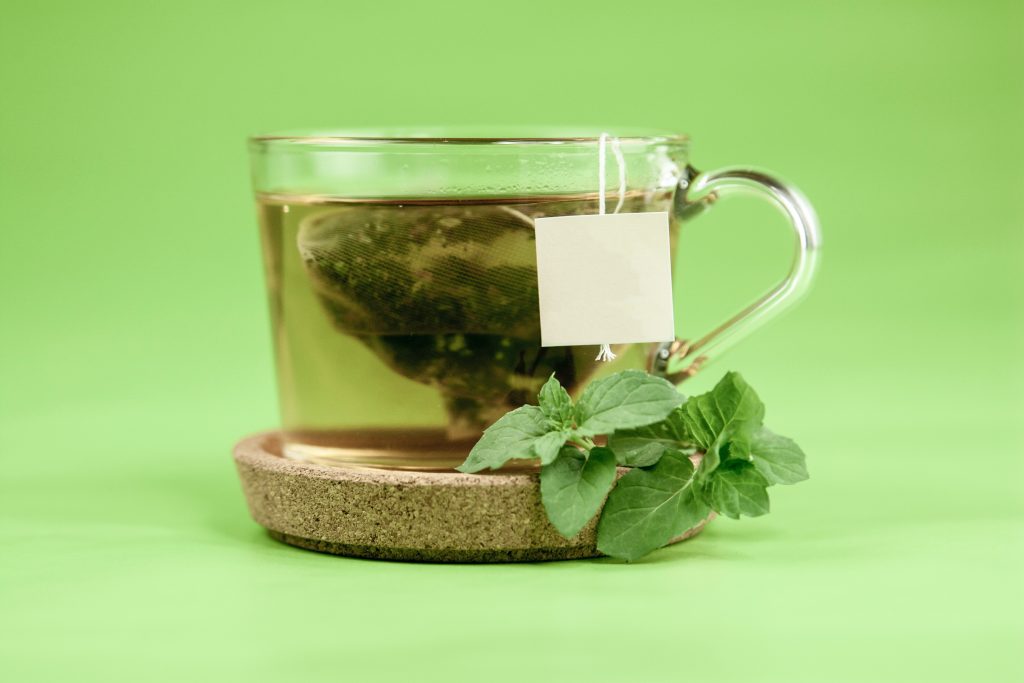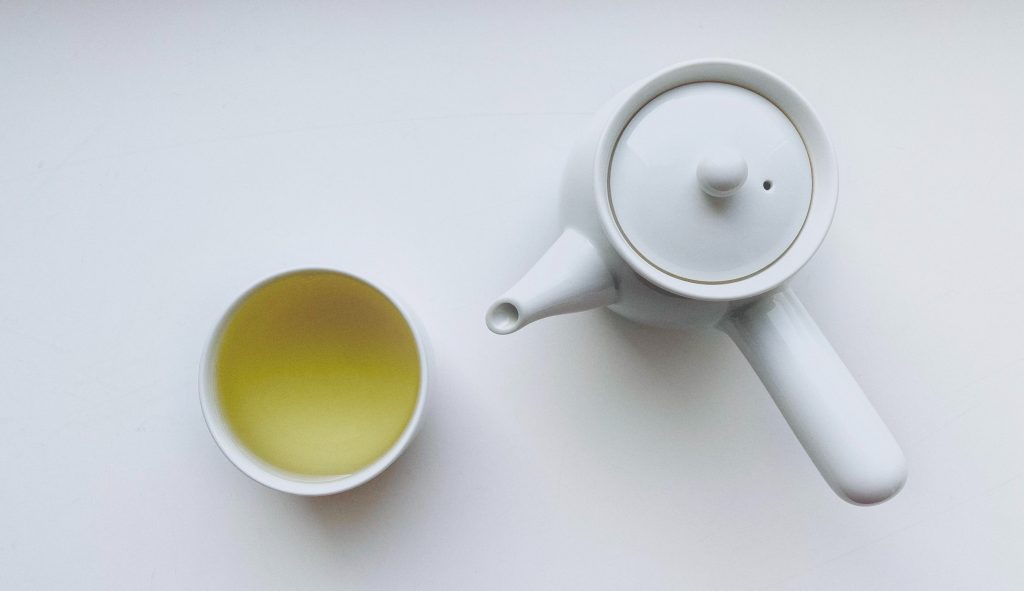Green tea is noted to have many health benefits, such as weight loss, skin health or even giving you an energy boost but could it also help you manage your stress?
If you are looking for an easy way to reduce stress, you may want to try drinking some green tea. There are many benefits to drinking this nutrient-rich beverage. It can reduce stress, improve your brain function, and even reduce the risk of developing bone loss.
you may want to try drinking some green tea. There are many benefits to drinking this nutrient-rich beverage. It can reduce stress, improve your brain function, and even reduce the risk of developing bone loss.

(photo/Unsplash)
L-theanine In Green Tea Reduces Stress
L-theanine is an amino acid that is present in tea leaves. It is a non-protein amino acid that is believed to be responsible for the umami flavor of tea. The amino acid has been found to reduce stress.
In addition to its effects on the brain, it may also provide some neuroprotective properties. Some studies have shown that l-theanine supplementation may prevent Alzheimer’s disease. There is evidence that it may also protect the brain from age-related damage.
The amino acid may help reduce anxiety and improve mental focus. People with major depressive disorder may find that l-theanine is a useful alternative to antidepressants. A combination of antipsychotic medication and L-theanine may reduce anxiety symptoms more effectively than monotherapy.

(photo/Unsplash)
While L-theanine has a reputation for providing relief from stress, it has also been found to boost focus and memory. Researchers have also noted that it helps people to sleep better. This supplement may be beneficial to people suffering from insomnia.
Studies have indicated that L-theanine may increase the volume of the brain. L-theanine increases levels of GABA and serotonin, which are hormones that help regulate mood and alertness. Taking a supplement of L-theanine may be beneficial for those who experience stress and sleep problems.
L-theanine is a naturally occurring amino acid that is found in a variety of foods. Some mushrooms contain small amounts of L-theanine. If you choose to add l-theanine to your diet, make sure to consult a physician. However, L-theanine is considered safe when taken as instructed by the package.

(photo/Unsplash)
EGCG In Green Tea
EGCG, the green tea extract, is a potent antioxidant. However, it may also be a cause of thyroid disease. As a result, a cup of tea is not the cure-all that it seems. In fact, a large amount of research has been dedicated to determining the effects of the popular drink. A number of studies have been conducted, most of them in Asia. These have found that consuming more than three cups of tea a day is a risk factor for NTD.
The best thing about this beverage is its ability to boost your immune system. Studies have shown that green tea may be able to suppress the growth of harmful bacteria. This means that you can enjoy a healthy diet while keeping your gut healthy. Moreover, the tea also has anti-inflammatory properties. One study even showed that it can be used as a mild anti-hypertensive. Green tea may be just the ticket if you are suffering from a cold.

(photo/Unsplash)
While there are no guarantees, a cup or two of green tea a day is probably a good idea. However, if you are prone to hypertension, you may want to avoid the caffeine content of your cup of joe. Also, be sure to drink plenty of water. It has been known for some time that drinking plenty of water may help you ward off cancer. Additionally, consuming too much caffeine can lead to liver toxicity, which can be deadly.
L-theanine In Green Tea Improves Brain Function
Theanine, a non-protein amino acid found in green tea, improves brain function. It also has a relaxing effect and may help people with hyperactivity to stay focused. However, more research is needed to confirm this.
Theanine’s effects may be attributed to its effect on neurotransmitters. They play a key role in regulating mood, alertness, concentration, and sleep. L-theanine may play a role in protecting the brain from chronic nerve inflammation and other damage.

(photo/Unsplash)
Studies have shown that L-theanine improves memory. In addition to enhancing recall, it has been shown to prevent interference with learning. Moreover, it has been shown to increase levels of dopamine and GABA, which are important in the regulation of mood and anxiety.
L-theanine has been found to decrease corticosterone and stress-related hormones. Furthermore, it has been found to reduce the number of omission errors in working memory tasks.
In addition, L-theanine has been found to increase alpha waves, which are associated with “wakeful relaxation” and focus. Moreover, it has been found to enhance visual attentional performance.
Previous studies have tested the effect of l-theanine on elderly individuals. Among other findings, they observed that l-theanine increased the ability to remember verbal sentences. Further research should evaluate its effects in younger adults and in mild cognitive impairment.
Another study evaluated the effect of L-theanine on the dentate gyrus of the brain. This is a region of the brain that plays an important role in learning, memory, and cognitive processing.
